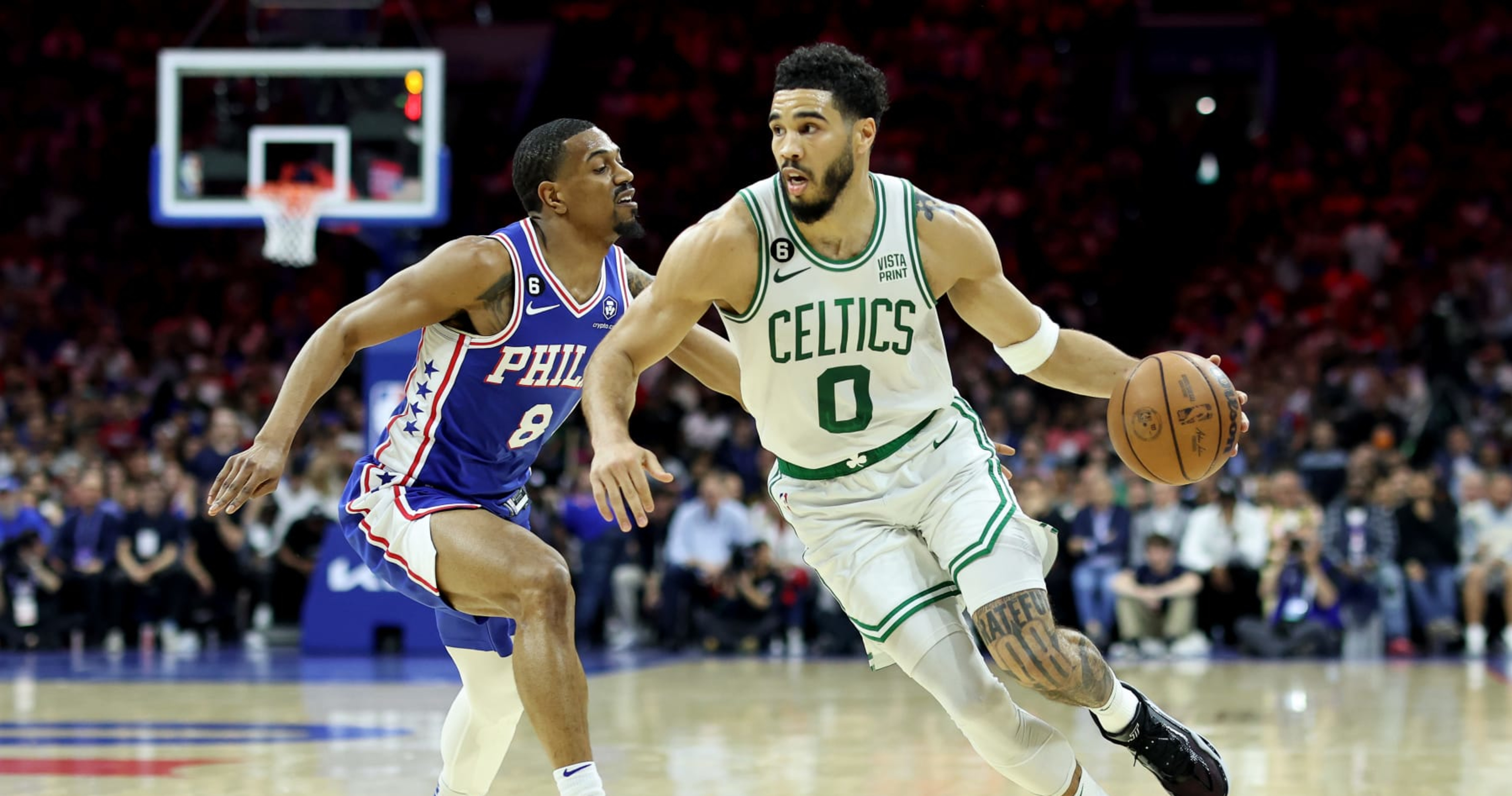Microsoft-Activision Deal: FTC's Appeal And Potential Implications

Table of Contents
The FTC's Arguments Against the Microsoft-Activision Deal
The FTC's opposition to the Microsoft-Activision Deal centers on two key arguments: antitrust concerns and the stifling of innovation.
Antitrust Concerns
The FTC's primary concern is the potential for anti-competitive behavior. Microsoft's acquisition of Activision Blizzard, a powerhouse in game publishing with iconic franchises like Call of Duty, Warcraft, and Candy Crush, could significantly alter the competitive landscape.
- Reduced competition in the console gaming market: The merger could give Microsoft an unfair advantage over competitors like Sony's PlayStation, especially if key franchises become Xbox exclusives.
- Potential for exclusive titles on Xbox platforms: This could disadvantage PlayStation and other platforms, potentially driving gamers towards the Xbox ecosystem.
- Impact on subscription services like Xbox Game Pass: Including Activision Blizzard titles in Xbox Game Pass could further solidify Microsoft's dominance in the subscription gaming market, potentially harming rival services.
- Control over key gaming franchises: Microsoft's control over such popular franchises could limit consumer choice and drive up prices. The future of Call of Duty, a multi-platform juggernaut, is a major point of contention.
Stifling Innovation
The FTC argues the merger could stifle innovation by reducing competitive pressure on Microsoft. Without the need to compete aggressively, Microsoft might invest less in developing innovative gaming experiences.
- Less pressure to develop innovative gaming experiences: A lack of competition could lead to complacency and a decline in the quality and variety of games offered to consumers.
- Potential for higher prices and fewer choices for consumers: Reduced competition often translates to higher prices and fewer choices for consumers.
- Reduced opportunities for smaller game developers: The merger could limit opportunities for smaller studios to compete and innovate.
Potential Implications for the Gaming Industry
The Microsoft-Activision merger holds far-reaching implications for the entire gaming industry, impacting game prices, development practices, and the burgeoning cloud gaming sector.
Impact on Game Prices and Availability
One of the most immediate concerns is the potential impact on game prices and availability.
- Potential price increases for Activision Blizzard titles: The lack of competition could lead to higher prices for popular Activision Blizzard games.
- Limited or exclusive availability on Xbox consoles: Key franchises could become Xbox exclusives, limiting availability on other platforms.
- Impact on cross-platform play: The future of cross-platform play for Activision Blizzard titles remains uncertain, potentially fracturing the gaming community.
Effects on Game Development and Innovation
The deal's impact on game development and innovation is a significant concern.
- Consolidation of industry power: The merger would lead to further consolidation of power within the gaming industry, potentially leading to a less diverse gaming landscape.
- Potential loss of smaller studios' independence and creative freedom: Smaller studios acquired by Microsoft could lose their creative independence.
- The future of multi-platform gaming: The deal could significantly alter the future of multi-platform gaming, potentially shifting towards a more platform-specific model.
The Role of Cloud Gaming
The FTC’s concerns also extend to the rapidly growing cloud gaming market.
- Microsoft's position in the cloud gaming market strengthened: The acquisition would significantly bolster Microsoft's already strong position in cloud gaming.
- Potential for anti-competitive practices in cloud gaming subscriptions: Microsoft could leverage its dominant position to engage in anti-competitive practices in the cloud gaming subscription market.
- Impact on smaller cloud gaming providers: Smaller cloud gaming providers could struggle to compete against a Microsoft that controls a vast library of popular game titles.
The Future of the Microsoft-Activision Deal
The FTC’s appeal represents a critical juncture for the Microsoft-Activision Deal. The outcome will shape the future of the gaming industry.
The Appeal Process and Possible Outcomes
The appeal process is ongoing, with several possible outcomes:
- Timeline of the appeal process: The legal battle could last for months or even years.
- Potential for a settlement agreement between Microsoft and the FTC: Microsoft might offer concessions to appease the FTC and avoid a lengthy legal battle.
- The impact of any court decisions: Court decisions will have significant ramifications for the deal’s future.
Global Regulatory Scrutiny
The Microsoft-Activision Deal faces global scrutiny, not just from the FTC.
- Regulatory reviews in Europe and other regions: Regulatory authorities in Europe and other regions are also conducting reviews of the deal.
- Potential for varying outcomes across different jurisdictions: The deal might face different outcomes in different jurisdictions, adding to its complexity.
- The impact of international regulations on the deal's future: International regulatory decisions will play a crucial role in determining the deal’s fate.
Conclusion
The FTC's appeal against the Microsoft-Activision Deal highlights significant antitrust concerns and their potential impact on the gaming industry's future. The outcome of this legal battle will have far-reaching consequences for competition, innovation, and the gaming experience worldwide. Staying informed about the progress of this landmark Microsoft-Activision deal and its legal challenges is crucial for gamers, developers, and anyone interested in the future of the gaming industry. Continue to monitor developments surrounding this significant Microsoft-Activision merger to understand its full impact on the gaming world.

Featured Posts
-
 Six Nations England Beats France Thanks To Dalys Late Game Heroics
May 01, 2025
Six Nations England Beats France Thanks To Dalys Late Game Heroics
May 01, 2025 -
 Us Navy Faces 60 Million Loss After Jet Falls Overboard
May 01, 2025
Us Navy Faces 60 Million Loss After Jet Falls Overboard
May 01, 2025 -
 Spicy Shrimp Ramen Stir Fry Recipe
May 01, 2025
Spicy Shrimp Ramen Stir Fry Recipe
May 01, 2025 -
 Bharty Ryasty Dhsht Grdy Kshmyr Myn Eyd Pr Khwn Bhaw
May 01, 2025
Bharty Ryasty Dhsht Grdy Kshmyr Myn Eyd Pr Khwn Bhaw
May 01, 2025 -
 Frances Rugby Triumph Duponts Masterful Performance Against Italy
May 01, 2025
Frances Rugby Triumph Duponts Masterful Performance Against Italy
May 01, 2025
Latest Posts
-
 Anaheim Ducks Vs Dallas Stars Carlssons Two Goals In Overtime Defeat
May 01, 2025
Anaheim Ducks Vs Dallas Stars Carlssons Two Goals In Overtime Defeat
May 01, 2025 -
 Kevin Fiala Leads Kings To Shootout Win Against Stars
May 01, 2025
Kevin Fiala Leads Kings To Shootout Win Against Stars
May 01, 2025 -
 Winning Game Judge And Goldschmidts Impact On The Yankees Victory
May 01, 2025
Winning Game Judge And Goldschmidts Impact On The Yankees Victory
May 01, 2025 -
 Ducks Carlsson Scores Twice But Overtime Loss To Stars
May 01, 2025
Ducks Carlsson Scores Twice But Overtime Loss To Stars
May 01, 2025 -
 Fiala Extends Point Streak As Kings Edge Stars In Shootout Thriller
May 01, 2025
Fiala Extends Point Streak As Kings Edge Stars In Shootout Thriller
May 01, 2025
